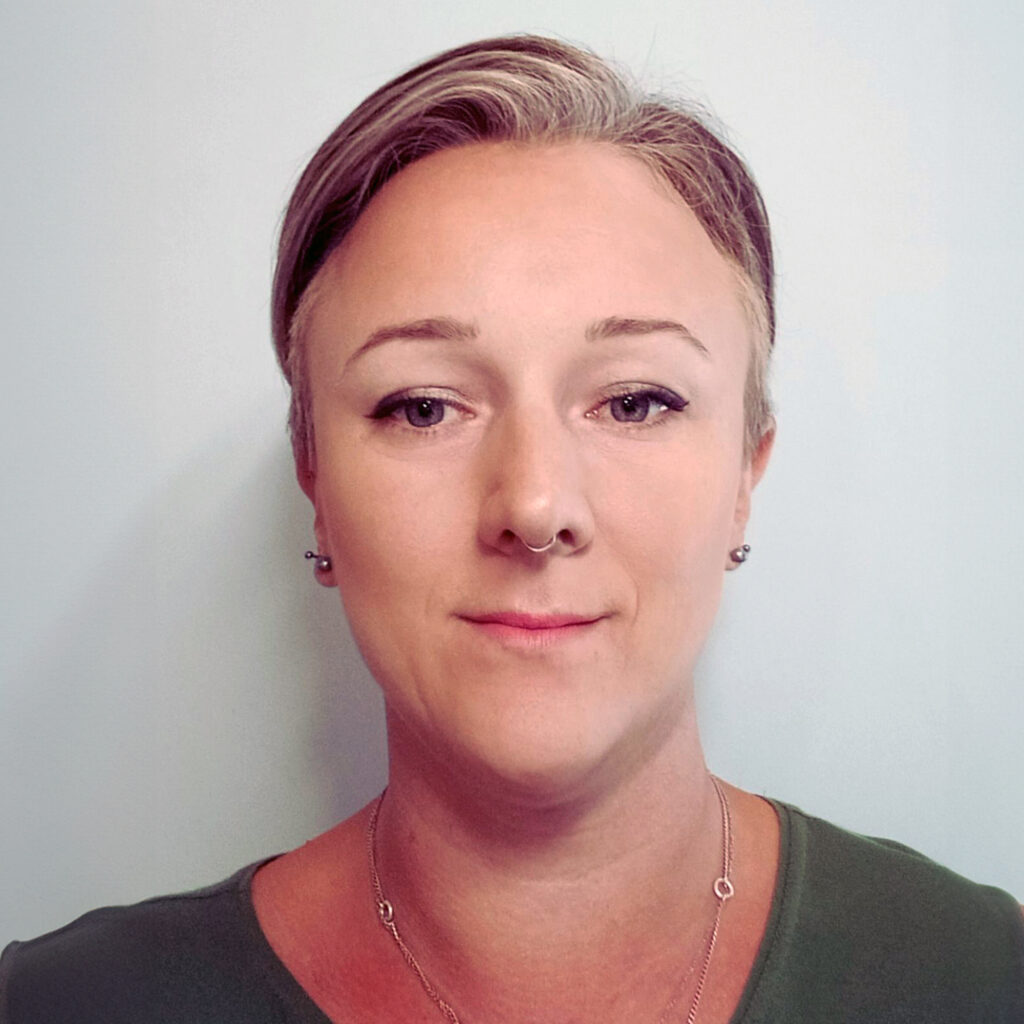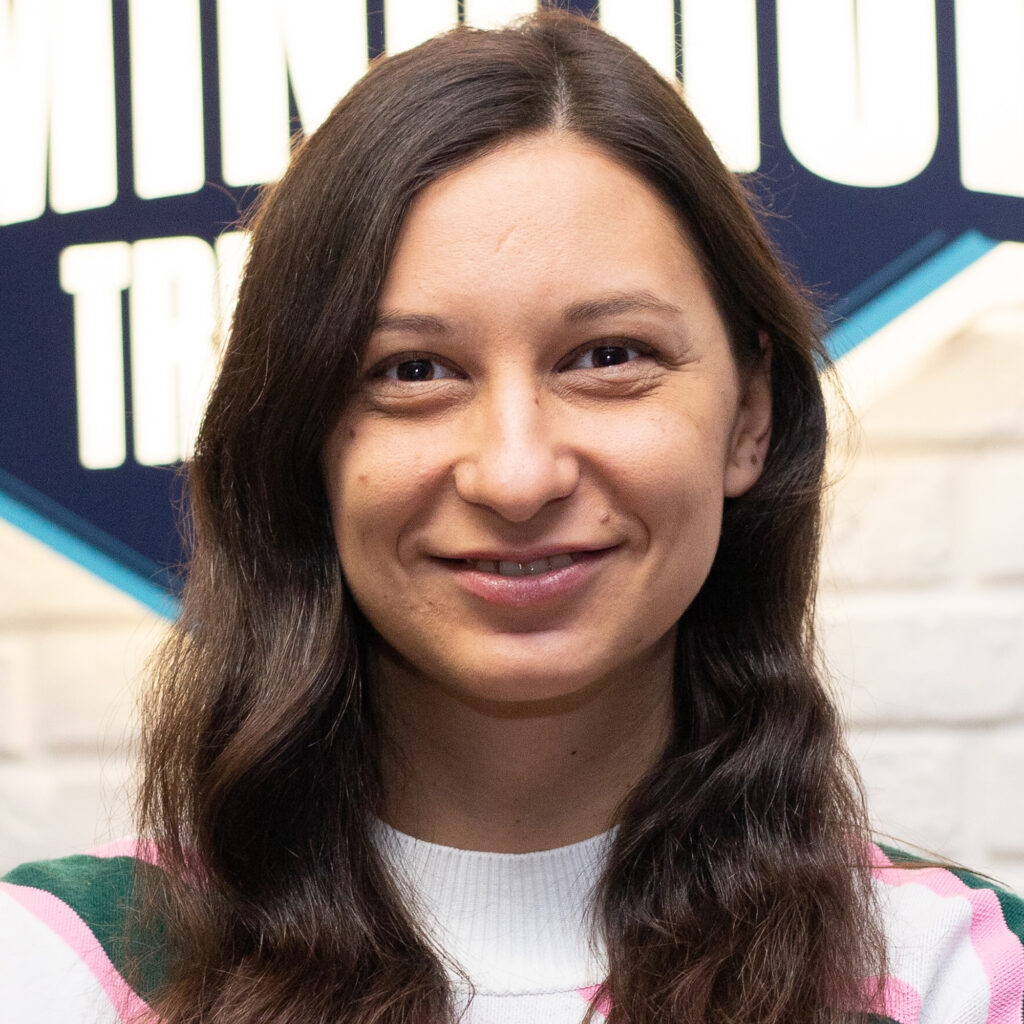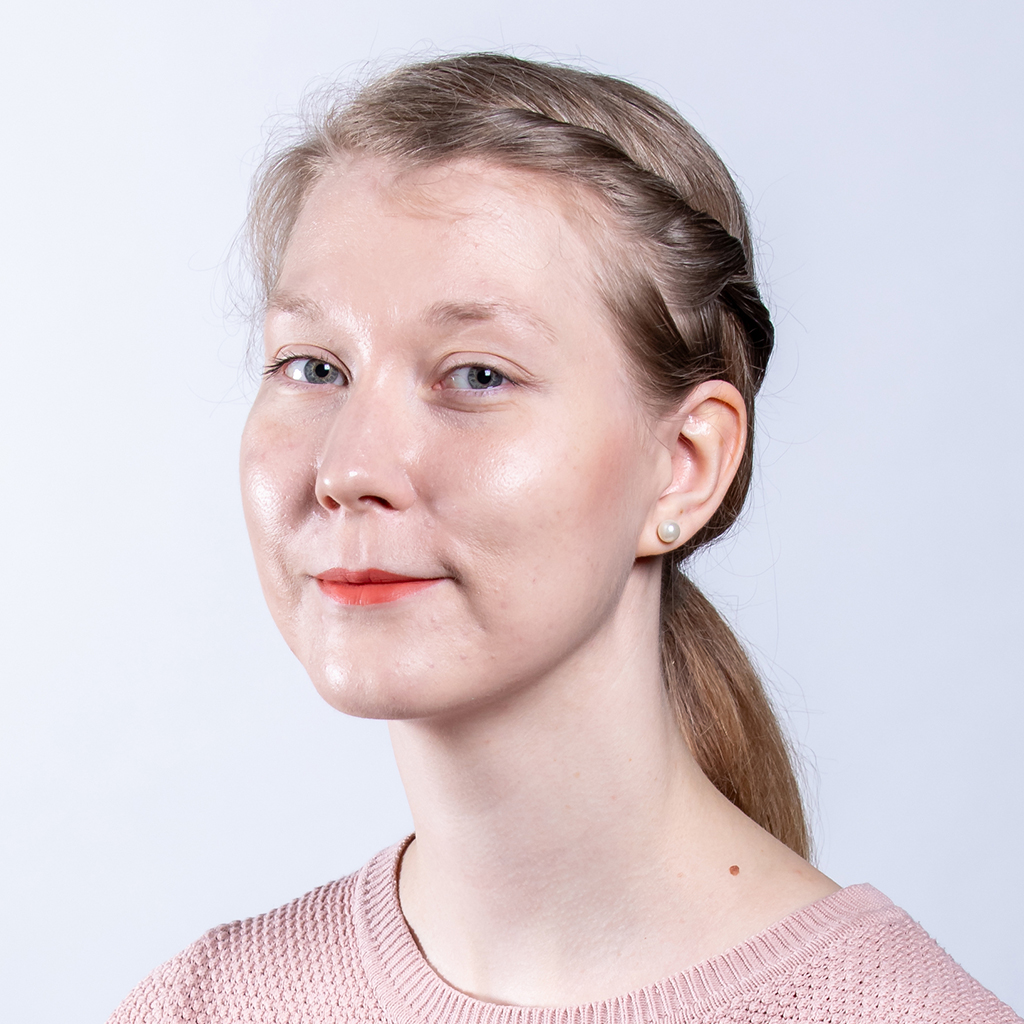
Elwira Lewandowska
University of Bielsko-Biala
Elwira Lewandowska is an assistant professor at the Institute of Modern Languages, part of the Faculty of Humanities and Social Sciences. She specializes in Teaching English as a Foreign Language (TEFL) and holds the position of deputy chief of the Institute, as well as Erasmus+ departmental coordinator. She has authored and co-authored several research papers and monographs. In this project, she is responsible for overseeing the research process, including data collection, manipulation, and analysis, as well as the development and implementation of game-based syllabi.

Marzena Okoń
University of Bielsko-Biała
Marzena Okoń is an assistant professor at the University of Bielsko-Biała’s Institute of Modern Languages. Her work focuses on creativity in education, ranging from the psychodidactics of creativity in TEFL teacher training to fostering linguistic creativity and higher-order thinking skills in students. Her research covers everything from designing training programmes and integrating technology to reflective practice and inclusive, multilingual teaching. In this project, she works under the guidance of Elwira Lewandowska, supporting research planning and contributing to the development of innovative, game-based syllabi.

Magdaléna Švecová
UCM in Trnava
Magdaléna Švecová is the head of the Department of Digital Games at the Faculty of Mass Media Communication, UCM in Trnava.She focuses on ethical aspects of gaming, game journalism, as well as the educational potential of gaming and game-based learning for children, adults and seniors.In this project she is in charge of the overall project management.

Juraj Kovalčík
UCM in Trnava
Juraj Kovalčík is an assistant professor at the Department of Digital Games at the Faculty of Mass Media Communication, UCM in Trnava, Slovakia. His research focuses on the history of games and gaming in Slovakia, game mechanics, narratives and aesthetics, and relations between digital games and other audio-visual media. In this project he is engaged in various parts of the research process.

Mária Dolniaková
UCM in Trnava
Mária Dolniaková is a doctoral student at the Department of Mass Media Communication, Faculty of Mass Media Communication, UCM in Trnava. Her research interests lie in the field of media culture and its products, including cinematography and digital games. She is particularly interested in the educational potential of gaming and game journalism. In this project, she is part of a team responsible for conducting a baseline situation analysis.

František Rigo
UCM in Trnava
František Rigo works as an English lecturer at the Faculty of Mass Media Communication of UCM in Trnava, Slovakia. He has experience with various types of English courses and with learners of all age groups. He focuses his attention on the incorporation of media contents and communication tools, social networking platforms and digital games into the process of teaching / learning English within the student-centred approach. In the project, he is responsible for language accuracy and adequacy of the project’s promotion materials.



Jakub Žaludko
Impact Games
Jakub Žaludko is a Co-founder and Co-CEO of Impact Games where he drives organisational growth, business development and leads game design teams in the process of creating educational and serious games. He has 11 years of experience working with innovations in education and has dedicated the past 5 years to growing Impact Games and its flagship product Gamifactory. Prior to founding Impact Games, Jakub worked at Bridge 47 and Ambrela, where he led the community of the NGO education sector in Slovakia and the EU.
Minna Porvari
XAMK
Minna Porvari is an RDI specialist at the Creative Industries Research Unit at Xamk. Her skill set focuses on design thinking, gamification, and content production in research, development, and innovation projects both internationally and nationally in Finland. Her role is to reach and recruit the current game developers in training at Xamk to participate in the project, and support in the research aspect and in creating the syllabi.
Zdenko Mago
UCM Trnava
Zdenko Mago is an associate professor at the Department of Digital Games, Faculty of Mass Media Communication UCM in Trnava, Slovak Republic. Within his professional focus, he deals with game studies and their connections to marketing communication and popular culture. Since 2018, he has been the editor-in-chief of Acta Ludologica, a scientific journal focusing on the complex discourse of games and digital games. In this project, he is involved in several parts of the research process.



Martin Kuruc
Faculty of Education, CU in Bratislava, SK
Martin Kuruc is an associate professor at the Department of Pedagogy, Faculty of Education, CU in Bratislava, Slovakia. His professional focus is on motivation to learn and its connections to self-directed learning and innovation in education. Since 2020, he has been the initiator, creator, and one of the teachers of an educational project called Curious Learning, which focuses on implementing concepts of game-based learning, PBL, and STEAM into the Teacher training program. He is involved in several parts of this project’s research and implementation process.
Veronika Golianová
Impact Games
Veronika Golianová is the Co-founder and Co-CEO of Impact Games, leading business development and game production. She has published successful titles such as Heritage Quest AR, Follow Me, and Chicken Intelligence Agency. Passionate about tech for good, Veronika focuses on critical thinking and media literacy, areas in which she is a published academic. Previously, she worked with Habitat for Humanity International on fundraising and global education and with Search for Common Ground on digital peace building.
Monika Cihlářová
UCM Trnava
Monika Cihlářová is a doctoral student at the Department of Digital Games at the University of St. Cyril and Methodius in Trnava. Her research focuses on the game mechanics of digital games, their innovation and development. In this project, she is part of a team responsible for the creation of the syllabus for the creation of educational games.



Carine Fabritius
XAMK
Carine Fabritius is an RDI specialist in digital art in the Creative Industries Research Unit at Xamk. Her research interests include virtual spaces, human agency, interaction, and user experience. She is a doctoral student in the Department of Computer Science at Aalto University, focusing on human-computer interaction and artistic research. Fabritius holds an MFA from the Academy of Fine Arts, Helsinki. In the Learn2Play4Future project, her role is to support research activities.
Klára Zubková
UCM Trnava
Klára Zubková is a doctoral student at the Department of Media Education, Faculty of Mass Media Communication, UCM in Trnava. Her research focuses on AI and misinformation, the development of critical thinking, media literacy and education, and educational games. In this project, she is part of a team responsible for the creation of the syllabus for the creation of educational games.
Dušan Damián Brezány
Faculty of Education, CU in Bratislava, SK
Dušan Damián Brezány is doctor of philosophy, an expert in Central European history and philosophy of the early Middle Ages with an emphasis on the territory of present-day Slovakia. And he is also a writer of fantasy literature for children and young adults. As an active elementary school teacher, his practice focuses on motivation for learning and games as a learning tool. Currently he is a doctoral student at the Department of Pedagogy, Faculty of Education, CU in Bratislava, Slovakia. His research focuses on role-playing games as a tool supporting team cooperation in the education of pupils at the primary level of education. He is involved in several parts of this project’s research and implementation process.

Tomáš Farkaš
UCM Trnava
Tomáš Farkaš has worked as an assistant professor and teacher for almost twenty years. His focus is on sound design and music, primarily in digital games but also in film. In 2015, he successfully completed his PhD, which dealt with sound and music in horror films. He has also studied sound academically, writing two textbooks and numerous academic publications. He currently works as a sound designer on several game projects, including audio games for the visually impaired. He is an expert on DAWs and middleware. He also has a long-term focus on voice recording for podcasts and audiobooks. Other main areas of study are educational digital games. In this project, he focuses on syllabus creation and the design and delivery of specific courses.

Martin Engler
UCM Trnava
Martin Engler is an artist, indie game developer and lecturer. His work is primarily dedicated to creating fictional worlds which are intertwined in his artistic as well as academic practice. That is visible in multiple projects and cooperation with different organisations dedicated to education around game development and art. His skill set includes various art mediums, disciplines and techniques from traditional to digital such as: traditional artistic printmaking, graphical art, painting, illustration, figural drawing, anatomy, sculpting, animation and their digital version as well as visual development, concept art, prototyping, game design, game and comics creation. He holds an MFA from the Academy of Fine Arts and Design, Bratislava and a PHD at UCM, Trnava. Engler is a co-founder of CA Pomimo, which has its primary focus on sharing artistic skills as well as publishing young comicbook authors in Pomimo magazine. He teaches various subjects in the department of Theory of digital games UCM, Trnava and in the department of Game design at Academy of Performing arts, Bratislava.
Project partners
The Learn2Play4Future project brings together a dynamic consortium of organizations from Slovakia, Poland, and Finland, each contributing unique expertise and resources to achieve our ambitious goals.
University of Bielsko-Biala – Poland

- Type: Higher Education Institution
- Role: Partner
- Website: www.ubb.edu.pl
- Expertise:
- Specialists in teacher education, language pedagogy, and innovative teaching practices.
- Previous experience in projects like e-CET and Social Blend focused on integrating technology and modern tools in education.
- Contributions in the project include the development of curricula, research and collaboration in educational game design.
South-Eastern Finland University of Applied Sciences (XAMK) – Finland

- Type: Higher Education Institution
- Role: Partner
- Website: www.xamk.fi
- Expertise:
- Leaders in digital economy, creative industries, and gamification research.
- Hosts the Creative Industries Research Unit, focusing on digital innovation and cultural impact.
- Contributions in the project include game development expertise, digital education tools, research and curiculla development.
Impact Games – Slovakia

- Type: Non-Governmental Organization
- Role: Partner
- Website: www.gamifactory.eu
- Expertise:
- Experts in creating serious educational games and gamification tools for schools.
- Operates the Gamifactory platform with 1,000+ active users, offering games and training for educators.
- In the project, they are responsible for developing and distributing the „Edu Game Maker Toolbox“ and organizing workshops for teachers and students.
Comenius University – Slovakia

- Type: Higher Education Institution
- Role: Partner
- Website: www.uniba.sk
- Expertise:
- Renowned for teacher training programs and project-based learning approaches.
- Collaborates with industry leaders on gamification in education.
- Contributions in the project include course development and integration of gamification elements in teacher training programs.
University of Ss. Cyril and Methodius in Trnava (UCM) – Slovakia

- Type: Higher Education Institution
- Role: Lead Applicant
- Website: www.ucm.sk
- Expertise:
- Pioneers in digital game studies and game development in Slovakia.
- Experience in gamification, educational game development, and multidisciplinary course design.
- Key contributions in the project include project management, course development, research and dissemination.

